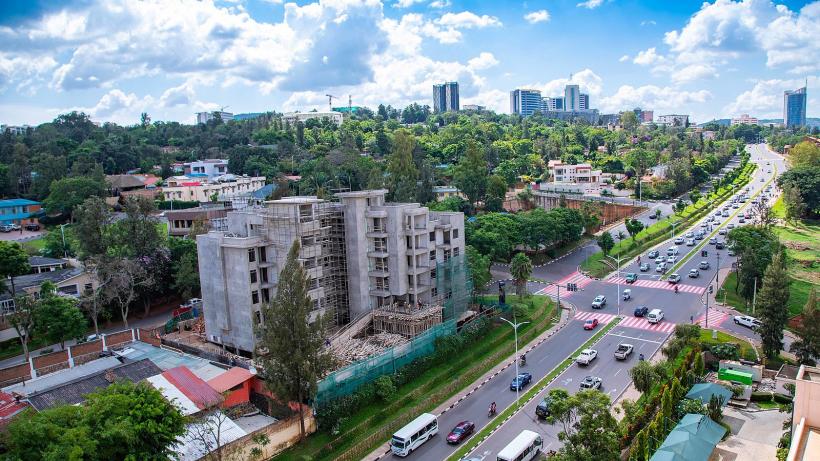
How data can improve property tax implementation in Rwanda
-
Bower-et-al-2022-Policy-Brief.pdf
PDF document • 3.47 MB
- Rwanda introduced a new property tax law which entered into force on 1 January 2019. This property tax sought to increase municipal revenues from a low base and empower local government as part of a wider decentralisation process.
- IGC and the consulting firm GOPA, funded by GIZ, generated a prototype Computer Assisted Mass Appraisal (CAMA) for Kigali applying machine learning to remote sensing and GIS data.
- This policy brief draws out some lessons and unanticipated benefits of using a CAMA for administering Rwanda’s property tax on buildings.
- Having a relatively simple model boosts transparency, ease of replicability and accuracy, and additional revenue due to a CAMA could greatly exceed its cost.
- It is possible to check which properties have a building, check for missing building declarations and for illegal claims of building tax exemption, as well as using the model to assess whether the current land tax rates are consistent as a percentage of land value.




